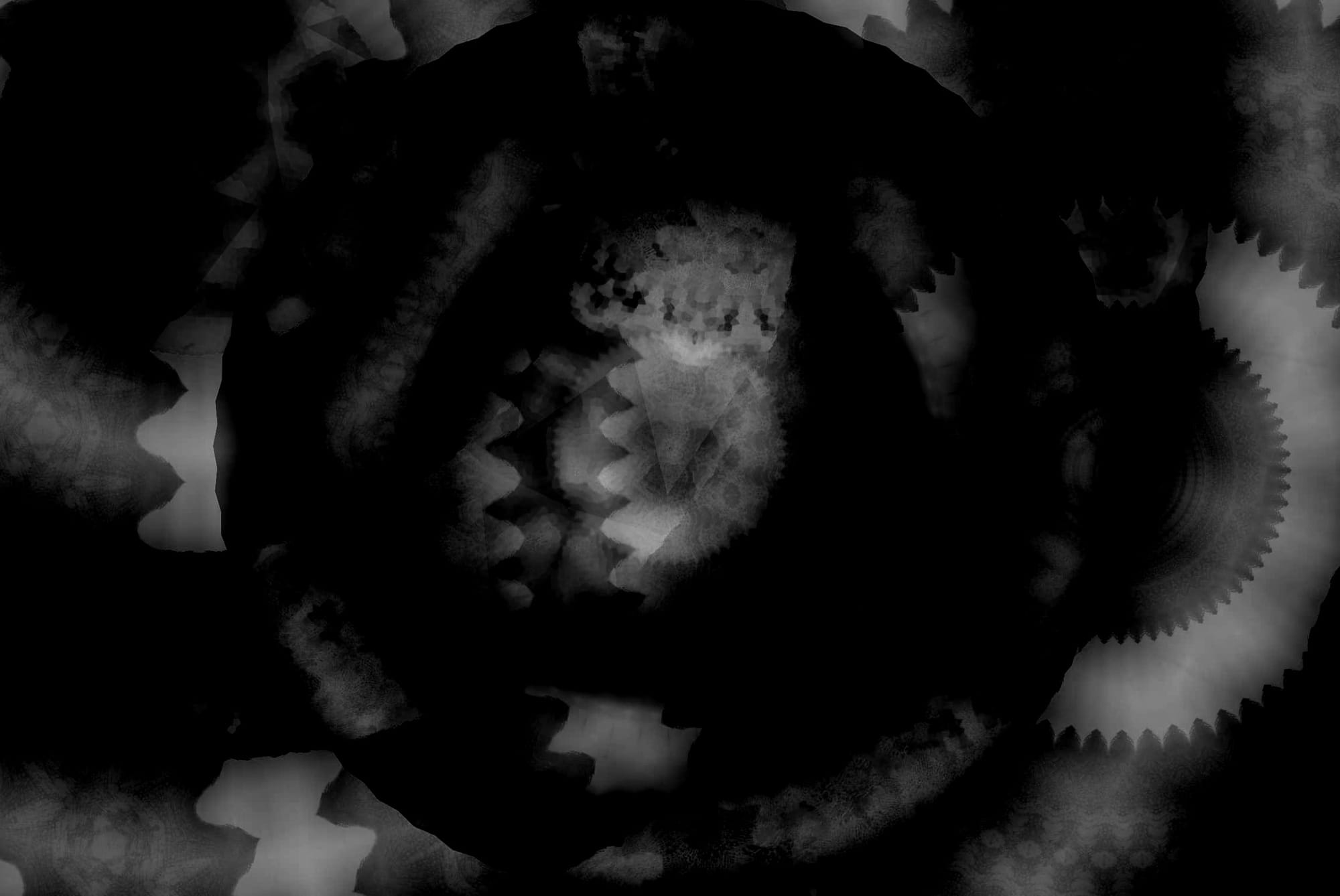The Seven Dhatus
The seven dhatus are explained in detail with insights into how to balance them. Understand how all of the dhatus significantly add to your health and why it is important to nurture them.

The tissues within our body enable us to experience pleasure and pain, perceive the environment around us, and react to our feelings. They constitute the physical structure of our being and dictate how we engage with the world. Ayurveda teaches us about the seven vital tissue layers known as dhatus, which are crucial to our overall well-being. By understanding how to care for each dhatu, we can empower ourselves to achieve vibrant health. The term dhatu comes from root building block and refers to the collection of cells in our body that have the potential to nourish, support, and protect us - holding us together. The term saptadhatus refers to the seven distinct tissue types that form the foundation of our physical being, with sapt meaning seven in Sanskrit. These tissues encompass the lymph (rasa), blood (rakta), muscles (mamsa), fat (meda), bone (asthi), nerves (majja), and reproductive organs (shukra/artava), each playing an essential role in supporting our organs, shaping our bodies, and facilitating our mobility.
The tissues in our body are not just separate entities working in isolation. Instead, they form a closely-knit community where each tissue supports the other. This is because every tissue passes on vital nutrients to the subsequent tissue, creating a network of interdependence and cooperation.
By paying attention to our tissues, we can learn more about our body's needs and make better choices for our health.
Understanding the Seven Dhatus in Ayurveda

The human body comprises seven distinct tissue groups, known as dhatus, the primary sites of disease manifestation. These include plasma, blood, bones, muscles, fat, nervous, and reproductive systems. It is crucial to gain in-depth knowledge about the dhatus to identify the origin of symptoms and determine the appropriate treatment.
The tissues in our body are what we see when we look at ourselves in the mirror, and they are closely tied to our feelings about our physical appearance. Any physical or emotional touch creates a sensation that affects who we are, how we feel, and even how we look. The experiences we have through our senses have a significant impact on our moods and emotions. When we are happy, our being radiates with a lustrous light; when we are sad, it shows on our faces. Even our tears are made from our nerve tissue, and our body produces them based on how our nerves are affected.
According to Ayurveda, one of the most significant ways of caring for ourselves is practising self-massage, also known as abhyanga. This involves applying massage oil to the body and identifying the tissues that require attention.
Abhyanga helps us reconnect with ourselves through the power of touch and fosters a sense of embodiment. It also promotes self-love and enables us to confront the realities of what requires improvement.
The food we consume also critically impacts our overall health and well-being. The strength and quality of our tissues are directly influenced by the food and emotions we consume. The amount, quality, and consistency of our food intake are responsible for the amount, quality, and consistency of our tissues.
Proper tissue function and overall health depend on optimal digestion, referred to as jatharagni. This critical process affects each layer of the dhatus, and it is essential to ensure their proper functioning.




